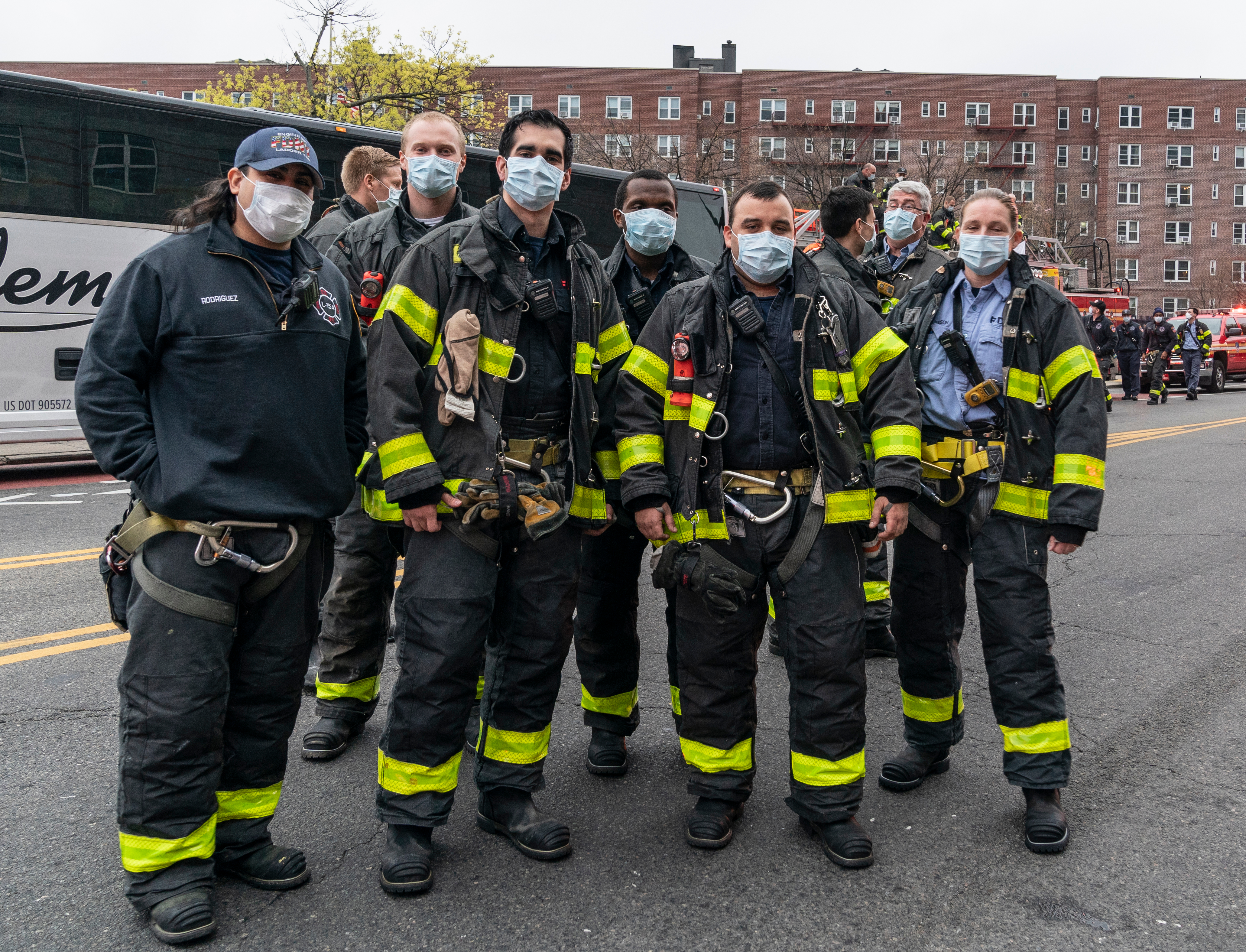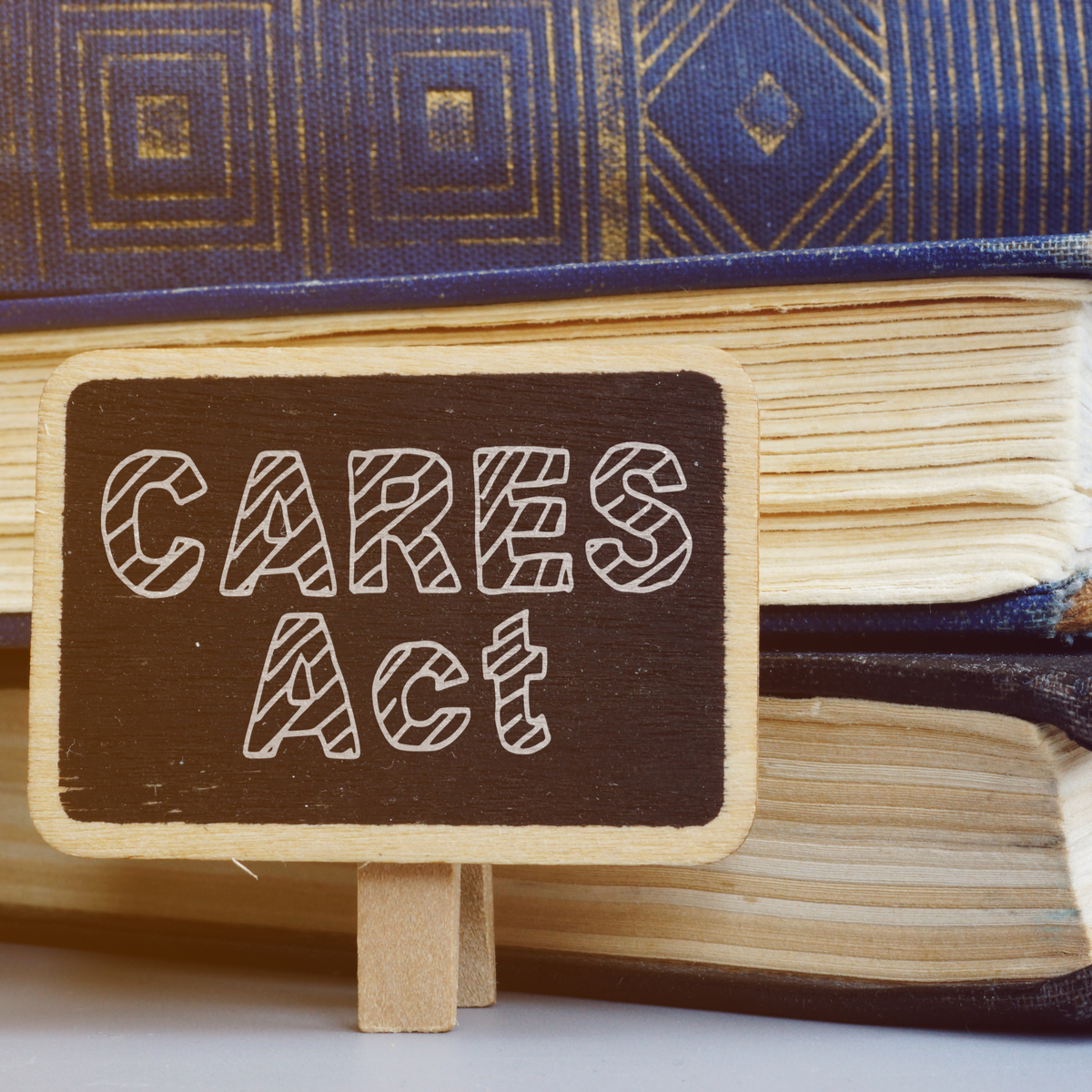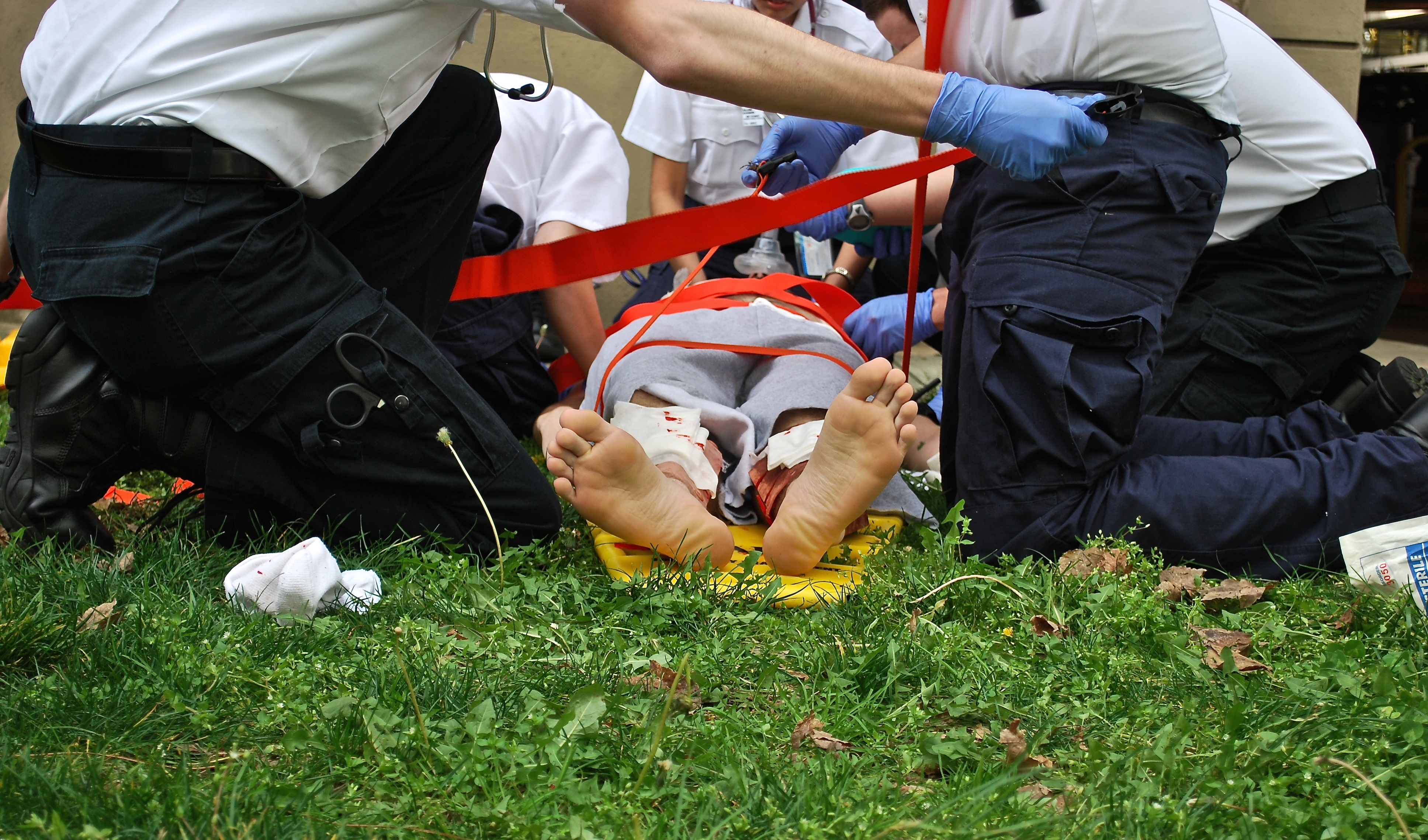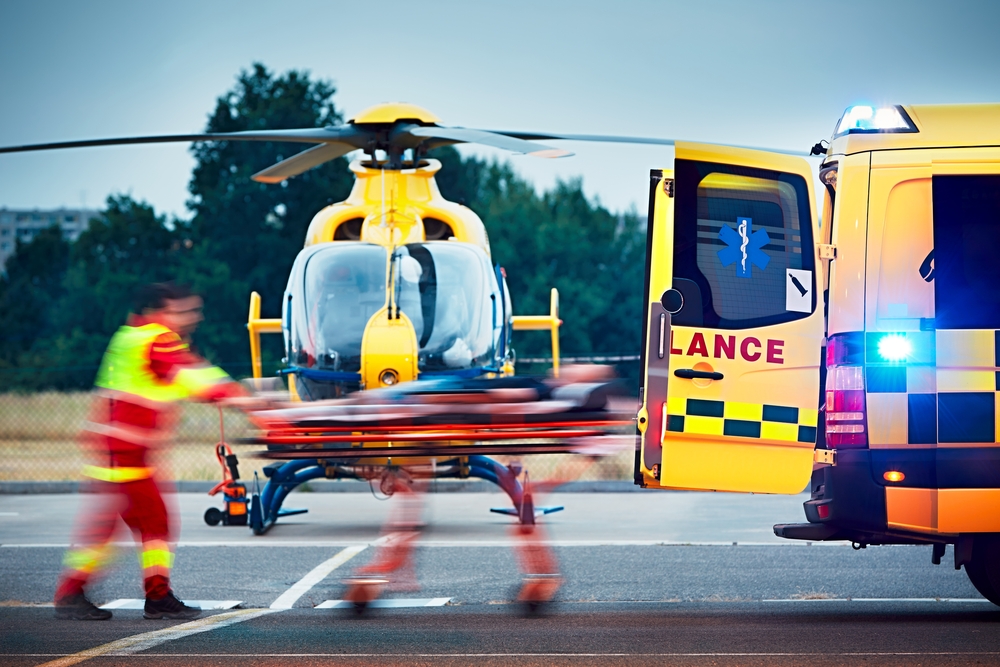As firefighters, EMTs and other first responders you are on the front line every day, interacting with patients in a fast-paced setting. Sometimes, you may feel limited by the equipment you use to stabilize and transport victims in the field. However, do you know where to go or who to talk to about making changes, upgrades and improvements to the equipment you’re currently using?
Topics: EMS, EMS Patient Transport, First Responder
Whether you’re a firefighter, first responder, or EMT, much of your job centers on the safe transport of patients. While certain parts of the economy remain in varying stages of reopening, first responders are on the ground every day, ensuring that society is operating smoothly. Paired with the ongoing factors of natural disasters, mass shootings, and civil unrest, performing your job during a global pandemic has only heightened the risk factor.
Topics: EMS, First Responder
Understanding COVID-19 & PTSD in First Responders
Post-traumatic stress disorder (PTSD) is a common concern for EMS professionals, but the COVID-19 pandemic has placed unique pressures on everyone in the sector. First Responders now have to deal with profound pressure on top of the normal stresses that come with the job. This means that EMS Directors, Fire Chiefs or Deputy Fire Chiefs need to do all they can to protect the mental and physical wellbeing of their staff.
Topics: EMS, EMS Health, PTSD
The Coronavirus Aid, Relief, and Economic Security (CARES) Act is a $2 trillion economic relief package introduced to soften the impact of the COVID-19 pandemic. Passed by Congress on March 27, 2020, the CARES Act is intended to provide “fast and direct economic assistance for American workers, families, and small businesses, and preserve jobs for our American industries”.
Topics: EMS, EMS Health
Addressing EMS Staff Concerns During & After The COVID-19 Pandemic
The COVID-19 pandemic has placed significant strain on all sectors, but nowhere more acutely than in healthcare. Day after day, hospital and pre-hospital healthcare professionals don PPE and return to the frontlines of the pandemic — a commitment that takes a mental and physical toll. This, in turn, places pressure on EMS administrators who are responsible for staff wellbeing.
Topics: EMS
Self-Care Tips For Emergency First Responders During COVID-19
The Covid-19 pandemic places unprecedented pressure on nationwide healthcare systems and first responders. As a result, we are seeing negative effects that prolonged stress has on the mental and physical wellbeing of our emergency first responders. Other concerns, such as a general lack of PPE and understaffed facilities, are compounding matters and pushing our police, firefighters, and ambulance workers closer to burnout.
Topics: EMS, EMS Health
How EMS Professionals Can Avoid Injury With Correct Lifting Techniques
According to the United States Bureau of Labor Statistics (BLS) work-related musculoskeletal disorders (MSDs) account for one-third of the reported causes of lost/restricted work time. Treating these work-related injuries as “just part of the job” for EMTs can have serious physical consequences for your team and those they care for. This JEMS article notes that 62% of pre-hospital provider back injuries alone are due to lifting and carrying patients.
Topics: EMS
Should You Incorporate Tactical Medics in Your EMS Program?
The role of the tactical medic has evolved in response to an increasing need to offer emergency medical services in warm zones — an area of indirect threat that’s close to the action. Active shooter incidents across the US, in particular, have sparked the rise in this new form of emergency medical service (EMS). Let’s explore what tactical medics do today and how they help keep you at the leading edge:
Topics: EMS
Emergency Medical Services (EMS) is a constantly evolving profession. When you’re responsible for high-pressure medical interventions, it helps to be up-to-date with the latest developments in medical technology and best practice. The latest edition of the EMS Trend Report from ems1.com showcases insights and trends that help you stay at the leading edge of emergency medical care.
Here are the 5 key themes from EMS Trends 2020:
Topics: EMS
The ET3 Model and How it Will Affect Emergency Transport Services
A new Medicare payment model for emergency transport is being piloted from January 2020. The Emergency Triage, Treat, and Transport Model (ET3) is a five-year optional payment program designed to curb overutilization of Emergency Departments (ED) and overtreatment of Medicare beneficiaries requiring emergency medical care.
Under the ET3, ambulance providers will now be reimbursed for providing triage on the scene or transporting patients to lower-acuity care settings rather than the currently incentivized option - the emergency room. This alternative payment model was announced in February 2019 by Health and Human Services Secretary, Adam Azar.
Topics: EMS
